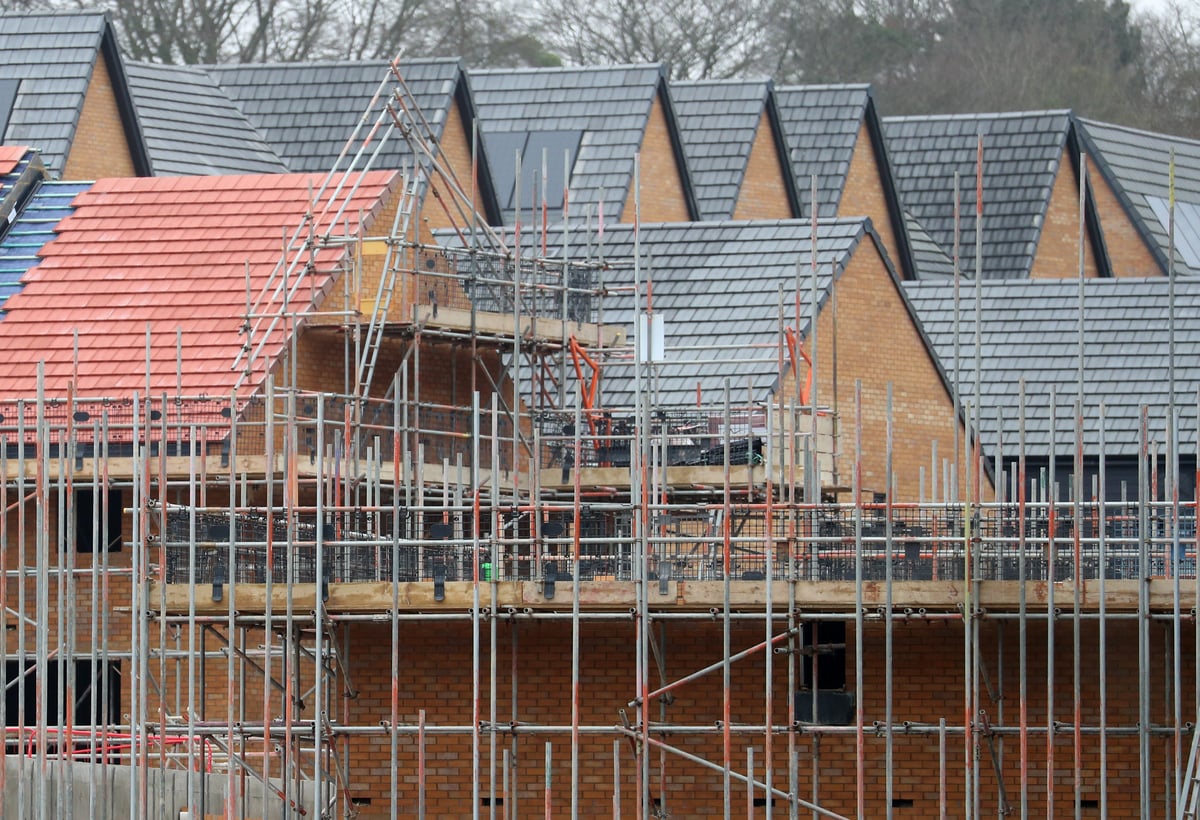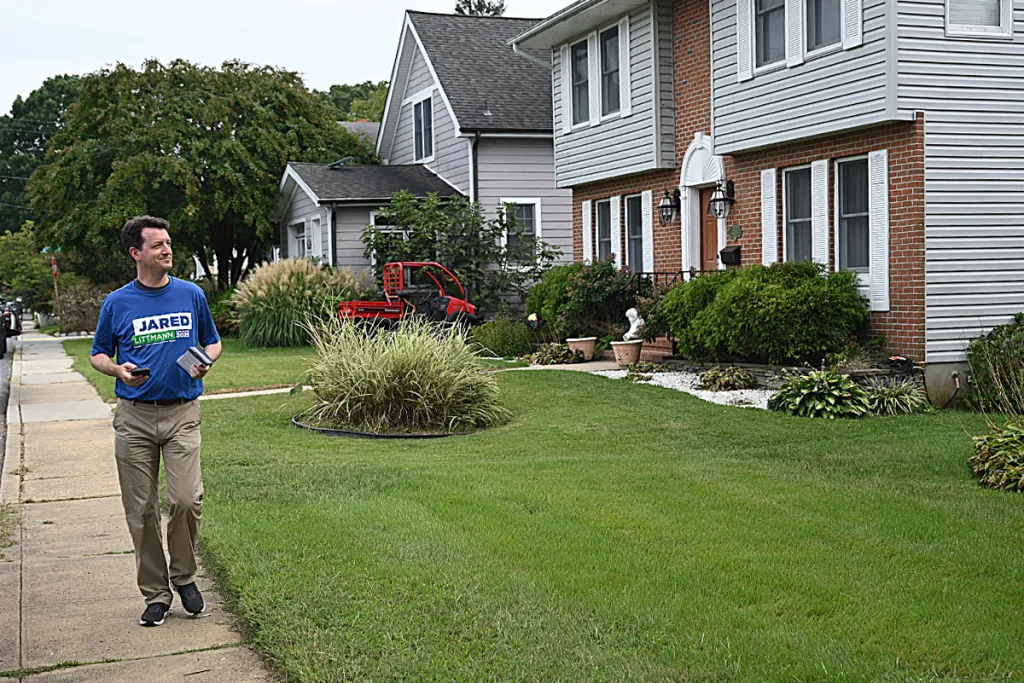Prosperity begins at home – from making a mess of Scotland’s housing system to making amends in 7 steps
By Prof Duncan Maclennan
Copyright scotsman

Scotland is in the grip of a housing polycrisis. This is not a sudden “emergency” that can be quickly resolved, but a deep, long-running failure of our housing system. For two decades, home ownership for younger Scots has fallen. Private rents have surged beyond the reach of many on average incomes. Queues for social housing lengthen. Homelessness has hit record highs. These outcomes have diminished social mobility, slowed progress to net zero, and undermined faith in politics itself. These are not simply social misfortunes. They damage economic growth and productivity in ways our policymakers have largely ignored. Housing is a major sector of the economy: it consumes a quarter of household spending, anchors wealth and debt, and underpins up to 15 per cent of jobs. Once built, homes shape labour markets, savings, and even health outcomes. Yet governments have continued to treat housing narrowly as a social policy issue. That blind spot is now costing Scotland dearly in a future defined by fiscal constraint, low growth and climate pressures. READ MORE: What is included in Scotland’s Housing Bill? Rent controls, eviction protections, second homes The polycrisis is driven by two forces. First, the incomes of poorer Scots have lagged far behind rising housing costs. While Scotland has grown slowly more affluent, willingness to support decent housing for the least well-off has weakened. Second, because four out of five Scots find their homes through the market, neglect of planning, finance and regulation has left housing increasingly speculative rather than a stable route to savings and security. Our report, Prosperity Begins at Home, sets out the scale of the challenge. Unless Scotland changes course, the polycrisis will deepen, locking young people out of home ownership, fuelling inequality, and further eroding trust in both Holyrood and Westminster. There are glimmers of recognition. The creation of a Cabinet secretary for housing is a start. Moves to speed up planning and adjust rent control to encourage institutional investment are welcome. But Scottish politics, fragmented and cautious as it is, has yet to embrace the systemic reforms required. So what must be done now? First, recognise housing as essential economic infrastructure. It must be placed at the centre of productivity, growth and climate strategies, not left at the edge of social policy. Second, fix supply. Current targets of 25,000–30,000 homes a year are unachievable without tackling planning delays, shortages of land and labour, fragile supply chains, and underinvestment in infrastructure. Third, recreate more orderly and accessible routes into home ownership. That requires more stable house prices and linking first-time buyer support directly to new supply, rather than fuelling price inflation. Fourth, tackle rental affordability. Scotland needs more social and mid-market homes, stronger income supports such as reform of Local Housing Allowance, and a private rental sector that protects tenants while encouraging investment. Fifth, homelessness must be addressed with urgency. Expanding Housing First, embedding harm reduction, and ensuring affordable supply are essential if we are to achieve “functional zero” — making homelessness rare, brief, and non-recurring. Sixth, funding reform is unavoidable. A major review of housing taxation — from council tax to stamp duty and capital gains — could both reduce distortions and provide new fiscal resources. Seventh, governance needs an overhaul. Since the loss of Scottish Homes, housing has become fragmented and over-centralised. An Infrastructure, Housing and Planning Ministry supported by a strengthened Scottish Futures Trust (SFT) should be empowered to mobilise finance, innovation and partnerships at scale, to negotiate five-year housing and infrastructure budgets with regional economic partnerships, that would support a Combined Strategic Housing Authority. The message is simple. Scotland cannot prosper without fixing housing. If politics does not change housing, then housing — through the frustration of locked-out young people and left-behind communities — will change politics. – Professor Duncan Maclennan is Emeritus Professor in urban economics at the University of Glasgow.



